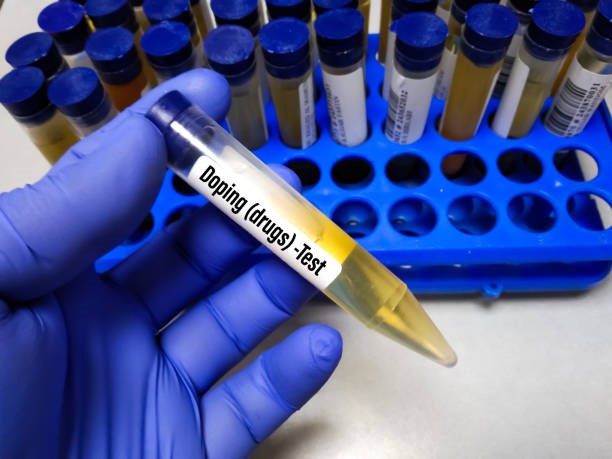Cocaine is a powerful stimulant drug that can have immediate and long-term effects on the body. If you or someone you know has used cocaine, you may be wondering how long does cocaine stay in your system. The duration can vary depending on various factors, such as dosage or frequency of use. In this article, we will explore their connection to cocaine metabolism and the various detection methods used.
Immediate Effects of Cocaine
Cocaine’s fast and intense effects on the central nervous system are a reason for its high use. The drug’s onset and duration of effects vary based on its mode of use. Snorting results in effects in 3-5 minutes lasting up to 20 minutes. Smoking or injecting instantly produces up to 20 minutes of effects, while oral ingestion takes 10-30 minutes to produce up to 90 minutes of effects.
Cocaine Half-Life
Cocaine has a short half-life of about one hour, meaning it takes roughly an hour for the body to eliminate half of it from the bloodstream. Long-term cocaine use can lead to extended elimination times, potentially allowing detection in certain tests for a longer duration.
How Long Does Cocaine Stay in Your System?
Detection of cocaine in the body varies based on the type of drug test used. Generally, blood and saliva tests detect it within 2 days of the last use, while hair samples may show traces for months to years. Urine tests typically detect cocaine for up to 3 days, but heavy users may test positive for up to 2 weeks. Urine toxicology screening is the most commonly used method for testing.
Some Factors Affecting Cocaine Metabolism:
- Dosage and frequency of use
- The time since the last use
- Urine pH and concentration
- Kidney or liver impairment
- Body mass
Method of Use and Cocaine Elimination
The method of cocaine use impacts its duration in the system, with injecting or smoking resulting in a rush followed by a high. Binge use of cocaine and mixing it with alcohol can result in greater tolerance, addiction, and reduced elimination rate.
Possible False Positives
While cocaine is primarily responsible for positive drug tests, other substances may cause false positives. Some common drugs that can produce a positive result for cocaine include certain pain medications, antibiotics, and local anesthetics.
Long-Term Effects
Cocaine can have serious consequences for both physical and mental health and can lead to the following conditions:
- Cardiovascular complications
- Respiratory problems
- Damage to the nose and nasal septum
- Psychological issues such as anxiety, depression, and addiction
Conclusion
Detection times can range from a few days to several months, depending on the specific drug test and the individual’s usage patterns. You may reach out to a healthcare professional or a residential addiction treatment center for help and support if you or someone you know is struggling with cocaine addiction. Contact Top of the World Ranch to start your journey to recovery.

